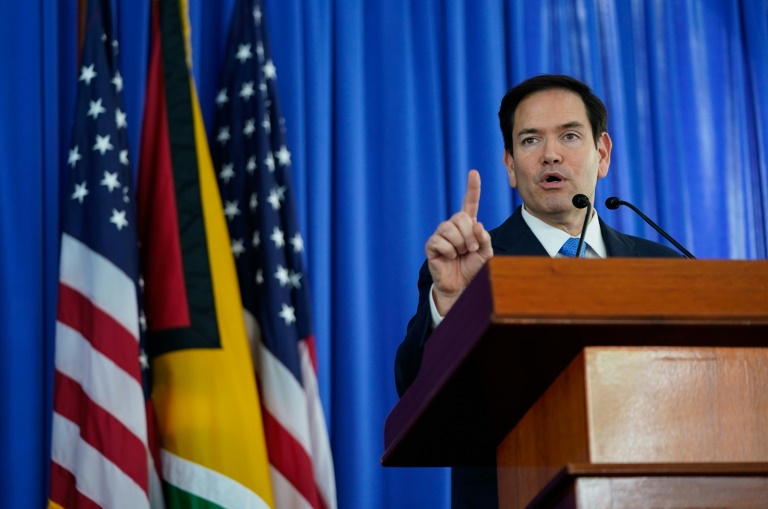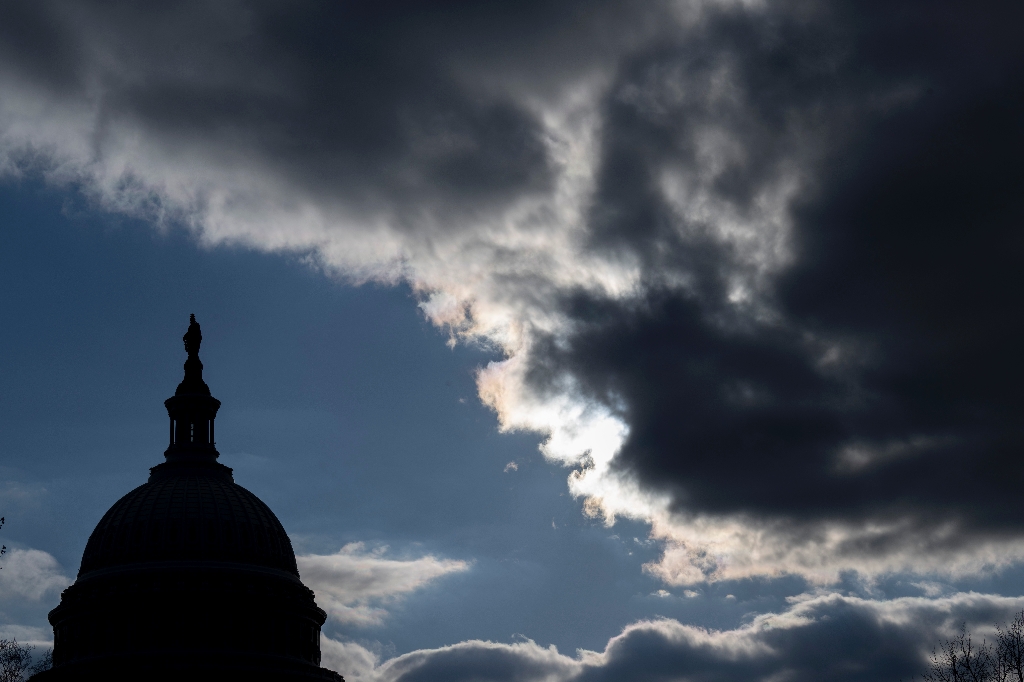(AFP) – A US judge is to hear arguments on Monday in a lawsuit filed by the Associated Press over the White House’s denial of its access to President Donald Trump’s events. The AP, in the suit filed in Washington against three White House officials, said the move violates the First Amendment of the US Constitution, which guarantees freedom of speech and of the press.
The White House began blocking AP journalists from the Oval Office two weeks ago, over the wire service’s decision to keep using “Gulf of Mexico,” despite a Trump executive order renaming the body of water as the “Gulf of America.” The ban on AP reporters was later extended to Air Force One, where the news agency has long had permanent seats. “The Constitution does not allow the government to control speech,” the AP said in its complaint. “The press and all people in the United States have the right to choose their own words and not be retaliated against by the government,” it said.
The suit names as defendants White House chief of staff Susan Wiles, deputy chief of staff Taylor Budowich, and press secretary Karoline Leavitt. The AP is seeking a temporary restraining order from Judge Trevor McFadden, a Trump appointee, immediately rescinding the denial of access to AP reporters. Lawyers for the White House officials, in a motion filed with the court, said the case is not about prohibiting the AP from attending press briefings or using press facilities at the White House.
“Instead, this case is about the Associated Press losing special media access to the President — a quintessentially discretionary presidential choice that infringes no constitutional right,” they said. “Most journalists have no routine access to the Oval Office, Air Force One, or the President’s home at Mar-a-Lago,” they said. “The President has discretion to decide who will have special media access to exclusive events,” they said. “That same discretion extends to whom he allows into the Oval Office (his personal workspace), Air Force One (his personal plane), and Mar-a-Lago (his private residence),” they said.
In its style guide, the AP noted that the Gulf of Mexico has “carried that name for more than 400 years” and said it “will refer to it by its original name while acknowledging the new name Trump has chosen.” “As a global news agency that disseminates news around the world, the AP must ensure that place names and geography are easily recognizable to all audiences,” it said.
The 180-year-old AP has long been a pillar of US journalism and provides news to print, TV, and radio outlets across the United States and around the world.
© 2024 AFP




